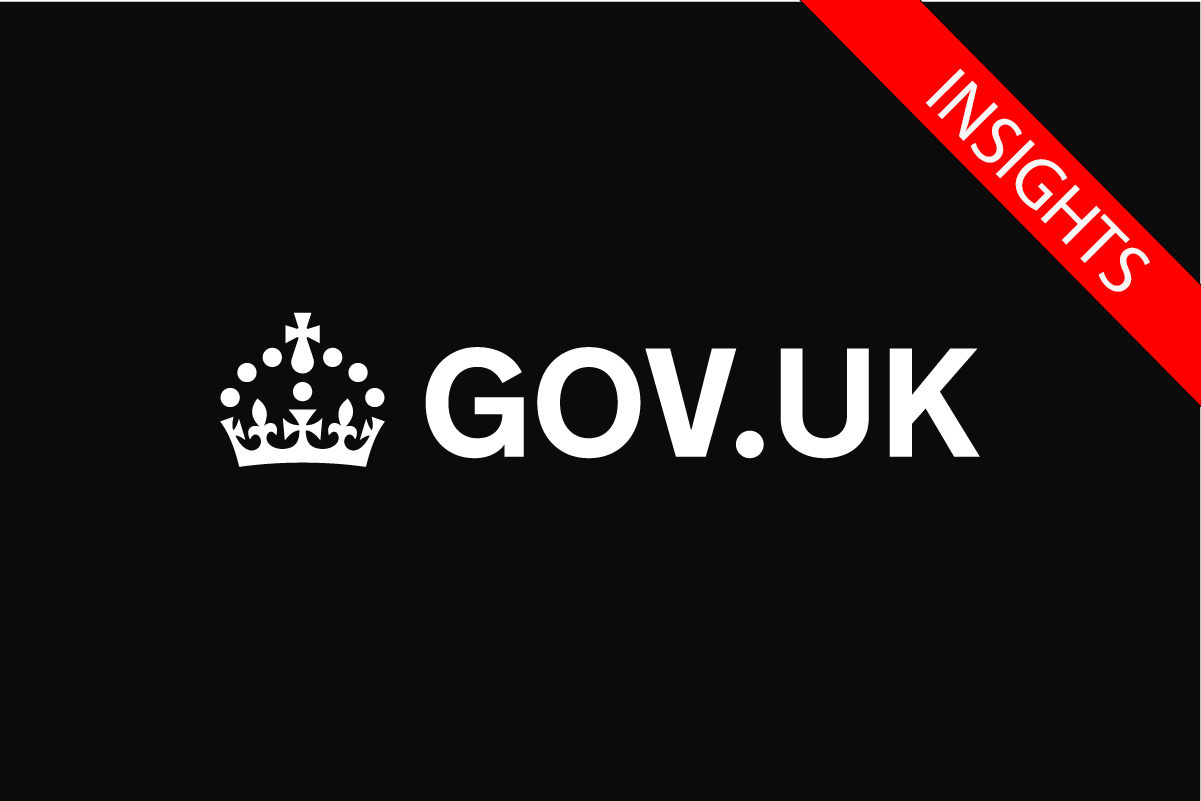UK Sanctions Insights 01 October 2024

What's going on?
The UK government, in coordination with the US and Australia, has introduced sanctions against 16 key members of the Russian cybercriminal group Evil Corp. This group is notorious for launching devastating ransomware and malware attacks that have targeted the UK health sector, government entities, and public sector institutions, alongside other global targets. Maksim Yakubets, central to these operations and known for his connections to Russian state intelligence, is among those sanctioned. This coordinated international effort includes asset freezes and travel bans designed to curb Evil Corp's ability to conduct cyber-attacks and represents a broader strategy to combat Russian state-linked cybercrime.
Key Changes to Official Sanctions Lists
- New Additions: The UK sanctions list now includes 16 individuals linked to Evil Corp, including:
- Maksim Viktorovich Yakubets
- Artem Viktorovich Yakubets
- Viktor Grigoryevich Yakubets
- Igor Olegovich Turashev
- Aleksandr Viktorovich Ryzhenkov
- Sergey Viktorovich Ryzhenkov
- Eduard Vitalevich Benderskiy
- Dmitry Konstantinovich Smirnov
- Dmitriy Alekseyevich Slobodskoy
- Kirill Alekseyevich Slobodskoy
- Denis Igorevich Gusev
- Ivan Dmitriyevich Tuchkov
- Andrey Vechislavovich Plotnitskiy
- Aleksey Evgenyevich Shchetinin
- Beyat Enverovich Ramazanov
- Vadim Gennadyevich Pogodin
Insights
-
Evolving Threat Landscape: The rebranding and adaptation strategies used by Evil Corp, including associations with other ransomware operations like LockBit, highlight a continuously evolving threat landscape in cybercrime. Financial institutions need to enhance monitoring mechanisms and collaborate closely with law enforcement to identify and prevent emerging cyber threats.
-
International Coordination: The alignment of sanctions between the UK, US, and Australia underscores the importance of international cooperation in combating transnational cybercrime. Banking compliance teams should stay informed about international sanctions, as cross-border collaboration increases the effectiveness of enforcement actions.
-
Impact on Financial Networks: With cybercriminals now directly targeted through sanctions, banks and financial institutions must revisit their compliance frameworks to ensure they are not inadvertently facilitating illegal operations. This includes robust KYC (Know Your Customer) practices and diligent monitoring of transactions linked to sanctioned entities.
-
Strategic Enforcement: These sanctions illustrate the UK’s strategic deployment of economic tools to uphold cybersecurity. This signals a broader governmental commitment to employ non-traditional security measures to protect digital infrastructure, urging the private sector to align similarly in its risk management strategies.
-
Role of Due Diligence: As cybercrime becomes more entwined with state actions, financial institutions must prioritize due diligence to discern the nature of complex cyber operations. This includes understanding the geopolitical nuances that could affect risk exposure to sanctioned entities.
-
Proactive Measures: Banks should also consider proactive measures, such as investing in cutting-edge cybersecurity solutions and promoting cybersecurity hygiene among clients to mitigate potential risks arising from state-backed cybercriminal groups.
